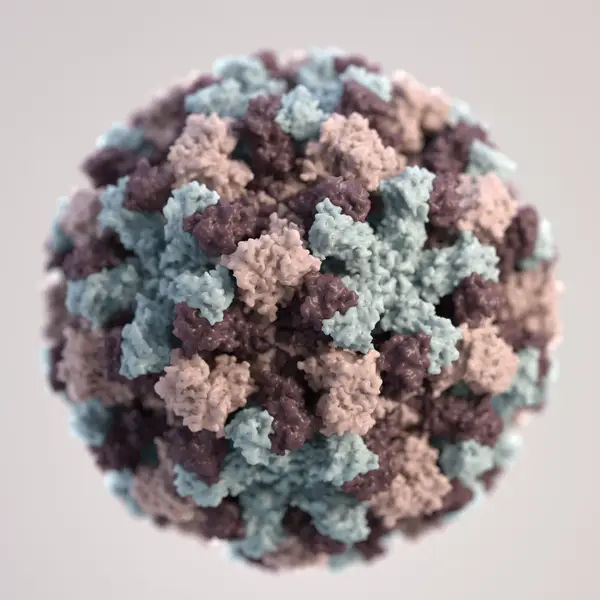In what might be a breakthrough for researchers trying to figure out COVID-19, two scientists are inching closer to figuring out why “brain fog” has been cropping up as a side effect to the deadly virus.
“Brain fog” refers to a recovery symptom that has been affecting the health of COVID-19 patients and has been reported since the pandemic began. It was picked up on early into the first year of the pandemic as patients reported having trouble with memory and recollection. These symptoms can last for an unknown period of time, ranging from weeks to months or even years. However, new research in the medical journal Cell, might have some answers.
Led by researchers Michelle Monje and Akiko Iwasaki, believe that some of their research might explain some of the issues that COVID-19 survivors face and even pave the way to healing through therapies.
Monje, a neuro-oncologist worried about similarities between “chemo fog” which she was researching, and “brain fog.” She told Wired that the symptoms of “brain fog” were similar in that patients were dealing with “impaired attention, memory, speed of information processing, dis-executive function.” She reached out to Iwasaki, an immunologist, and the two got to work.
Phase 1
Monje and Iwasaki established a mouse model to test how the virus affects humans with a mild COVID-19 infection. Once the mice had been infected with the virus, the two assessed how the levels of cytokines and cerebrospinal fluid changed at seven days and seven weeks following infection. The researchers found that some cytokines spiked in the cerebrospinal fluids in both time periods. Not just that, but they also found that microglia reactivity in the subcortical white matter in the brain.
Also Read: Dementia risk associated with cardiovascular risk factors: Study
Microglia are immune cells cleaning up dead neural debris and in response to toxic stimulus can become perpetually reactive. By being constantly working because of the reactive stimulus, they can start eating away at neurons that are needed, especially those in the hippocampus (which is critical for memory making). Another researcher, Anthony Fernandez found CCL11, a cytokine that can decrease neuron generation and impair learning. According to him, the presence of the cytokine could explain why some COVID-19 survivors experience memory issues.
Also Read: What happens to our brains in space? Israeli startup aims to find out
Phase 2
In an effort to test how CCL11 was behaving, researchers gave a separate group of mice a shot of CCL11 and found that it had been at work in the hippocampus and acting on cell populations that affected memory.
Following this, researchers investigated how mild COVID-19 disrupts myelinating oligodendrocytes (they produce a myelin coating around neurons which allow for better interneuron communication). They found that Covid-19 had wiped out a third of the mice’s oligodendrocytes, which had also caused a drop in myelination, affecting how well neurons were firing.
Monje thinks that drugs that are used in chemo therapy might be useful for treating COVID-19 cognitive symptoms. Researchers say that the data from the mouse model is extremely promising and it could possibly lead towards new developments across pharmacology, neuropsychology and develop mechanisms to rehabilitate cognitive functions. However, while Monje and Iwasaki’s research has provided new insights into COVID-19, it might still be years before there is a usable treatment for patients.







